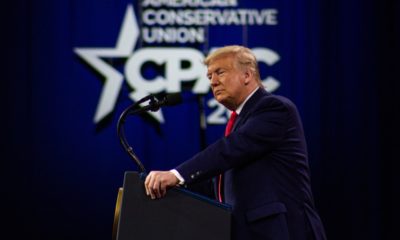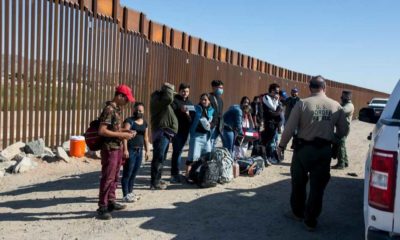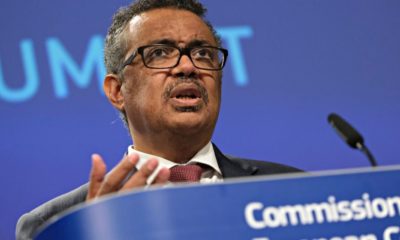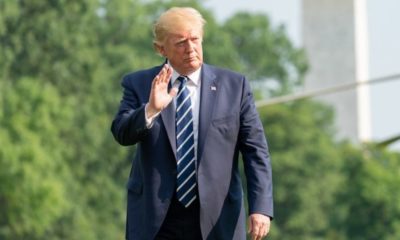Breaking News
The Great Information Gap
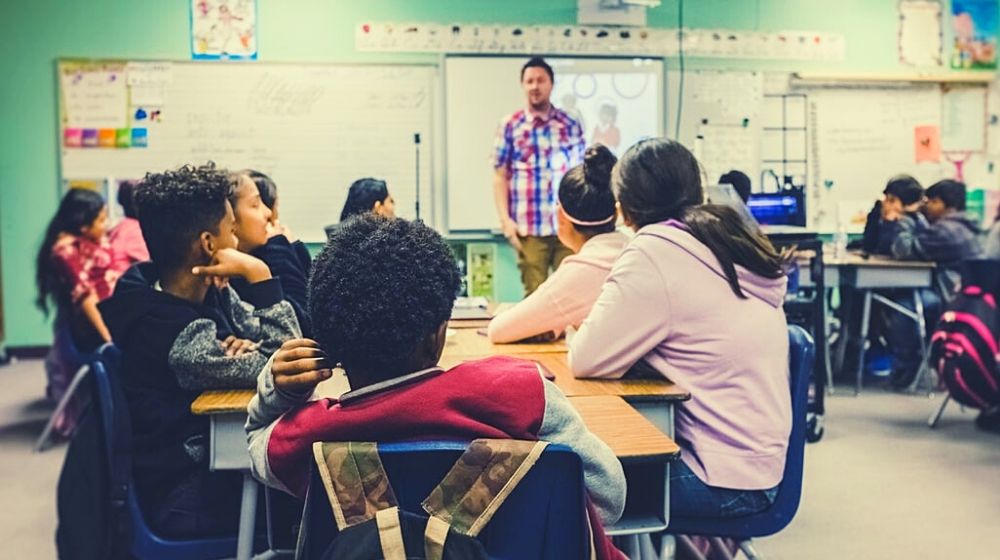
As the coronavirus closes schools, the US disparity in internet access is becoming glaringly apparent. Half of Americans lack broadband internet service, and even with so many schools going online, Congress has yet to act.
With schools across the country adapting to the reality of pandemic, the move online has tested kids, teachers, and parents alike. Kids and parents feel stressed out at home. Most of them feel worry about the effects of the disease on their livelihood, health, and education. Teachers find it difficult to conduct classes without the level of personal interaction that they’ve come to rely on. They do so both to keep students engaged and measure how well they understand the material.
The nation is suffering together, but some have had it harder than others. Inequalities across income, educational access, and race are coming to light. Some families struggle more than others to make ends meet. Some manage to continue some level of normality during this public health crisis. One major inequality, perhaps one that few realized existed, is the disparity in our internet access.
“This is Going to Kill People”
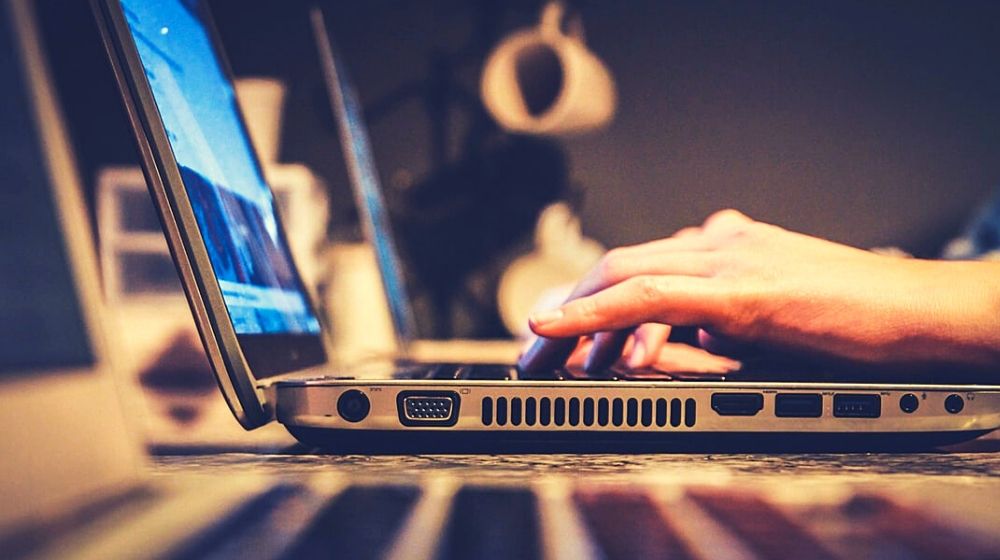
M-Lab, a research project that monitors global internet performance, released a damning assessment of US digital infrastructure. Rural and poor urban areas in the US have worse internet speeds than many third world countries. Sascha Meinrath, the company’s cofounder, said that internet speeds all over the US are over states by internet providers, and that failing internet during the crisis “is going to kill people”.
The research group has found that 62% of counties in the United States do not reach broadband internet speeds. Some estimates report that 42 million Americans, more than 10% of the country, have no internet at all.
This means telecommuters and virtual students are at a major disadvantage in these regions. Students are falling behind, and people are unable to do their jobs from home, risking even more layoffs if they’re unable to produce for their companies.
The medically compromised have the greatest risk, however. Elderly citizens and sick patients, more than ever, must rely on the internet for crucial teleconsultations with doctors, potentially life-saving information, and ordering their prescriptions online.
Congress Fails to Act
The role of the US government in regulating internet access and content has historically been a delicate, controversial issue. On one hand, there is clearly an issue with internet service providers (ISP’s) neglecting less lucrative areas, such as rural towns and poorer urban neighborhoods. This is obvious in the difference in internet quality between big cities and their neighboring rural counties. The internet is arguably as important a utility as gas in the Digital Age, and limiting some Americans’ access to it is wrong.
On the other hand, many have argued that the government controlling the internet, viewed as a free medium for accessing information and exchanging ideas, is a slippery slope that could lead to Orwellian changes in the space. Many see countries like China and Iran, which strictly control the information allowed to enter their cyber space, as cautionary tales for what the US could become.
However, the two separate issues of equal access to broadband. What content should be allowed on the internet, must be untangled. While we all have access to the same online content, we don’t have access to the same internet. The wealth gap when it comes to internet access is glaringly obvious.
Some of the country’s humblest citizens are being left behind during the pandemic. They’re unable to study with their fellow students, unable to continue working, and unable to participate in the national discourse, as people move online to share news, exchange ideas, and support one another. Most importantly, they’re unable to access an increasingly digitized healthcare system.
The strain of coronavirus is highlighting an old divide in access to information, an ever more crucial utility. Perhaps this will be the wake-up call that finally brings our leaders to act.
Up Next:
- Government Tells Stores What to Sell
- 12 Ways COVID-19 Will Change the Tech Industry
- Big Tech Joins the Coronavirus Fight

